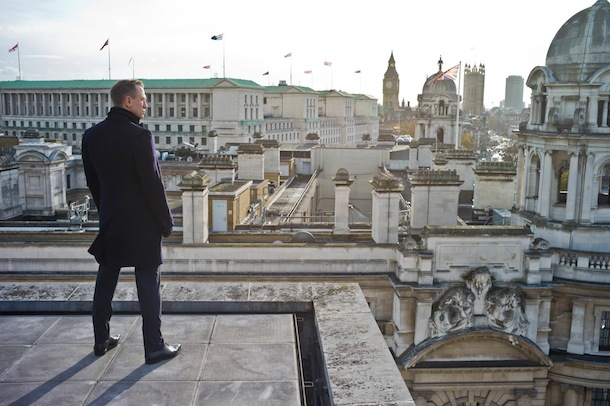
Since our last encounter with James Bond in Quantum of Solace (2008), I was skeptical about the future of the franchise. I’ll admit it. I think a lot of us were. It wasn’t that the film didn’t deliver on its share of signature moments, it did, but coming from Daniel Craig’s breakthrough debut into the world of 007 in Casino Royale (2006), I guess I just expected more. More depth, more progress in Bond’s internal and emotional journey and more… energy.
For a few moments after first watching Solace, I remember pondering if this would be the same turning point for Craig as it was for Pierce Brosnan after Tomorrow Never Dies (1997). Besides GoldenEye (1995), which is one of my favorite Bond movies of all time, it felt like the series with Brosnan made a turn towards more grandiose spectacle, with less of a premium put on story elements, purely because they had the budget to.
Brosnan’s last two Bond flicks – The World Is Not Enough (1999) and Die Another Day (2002) – were movies I imagine Jason Statham would have happily watched with a pint. This is not necessarily a bad thing – Statham is awesome – it’s just not territory I thought Bond would strive to attain. Bond always seemed to level out its big explosions and fisticuff moments with an interesting plotline, most of the time. As Brosnan moved past GoldenEye, things sort of swayed toward the former. And for the record, I really liked Brosnan as Bond. I thought he was much more of an unfortunate victim of poor stories than he was an inferior secret agent.
That’s where it felt things could turn after Solace for Craig. I say ‘could’ because Royale was such a great reemergence of the character. It introduced the audience to all of the possibilities Craig could make happen with the Bond arsenal at his disposal.
That being said, I was still beyond excited for the current iteration of the series to come out. Directed by the supremely talented Sam Mendes, who is such an unexpectedly great get, Skyfall promised to be the next best thing for the Bond franchise. Mendes and Craig, together. The hype and media buzz around the pair was understandably intense. And you know what?
They delivered.
They freaking delivered. It wasn’t that I enjoyed Skyfall so much as I loved it. It was a return to everything I’ve always enjoyed about James Bond. The suaveness, the wit, the cunning, the adrenaline-pumping ride that we’ve come to love in our secret agent from across the pond. And kudos to you, Mr. Mendes, for bringing back Bond’s silky smooth grey Aston Martin. Loved the touch of old school, dude.
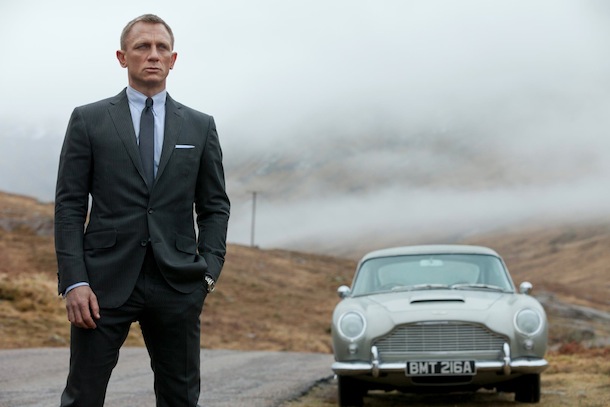
Let’s start with the first thing – this might be the most cinematic and best shot Bond movie ever made. The Shanghai, especially its shadowy fighting scenes, and Scottish countryside settings looked incredible on the big screen. That’s why it pays to have such a talented DP like Roger Deakins (The Shawshank Redemption, No Country for Old Men) on your side.
And Mendes grounds his story in a far more believable reality than the ones that perhaps eluded some of the latter Brosnan films. I’m remembering an invisible car having something to do with that…
The major threat in Skyfall, perpetuated by Javier Bardem’s computer genius villain, Silva, is also not one of global public proportions. Instead, the threat is against the very livelihood of MI6 and its operatives as a whole.
But the bigger issues lie with Bond himself, and coming to grips with betrayal, revenge and emotional attachment. Mendes challenges Bond to take a more introspective look into himself and the possible cloudiness of his future. Is he getting too old? Too slow? Too out of touch with the demands of new hybrid bad guys? That look inside is something we haven’t really seen with any other Bond. But within each Craig movie, one of the biggest obstacles Bond has to overcome is himself.
That, and Medes explores Bond’s deeper roots in his family upbringing, or lack thereof. After operating without much sympathy for so long, hell bent on seeking revenge and finishing his mission briefings, Skyfall delves into Bond’s deeper relationship with the one person he does seem to hold dear – M.
We learn that both Bond and Silva have experienced betrayal at the decisive hands of the character Judi Dench has methodically played for the last seven films, and in turn, at times parallel the other emotionally. While Bond understands and can deal with this, Silva cannot. I won’t ruin the final pieces of the movie, but Bond’s cold-blooded exterior is definitely questioned.

Skyfall, the 23rd film in 50 years as a franchise, doesn’t reach too far into Bond’s classic bag of tricks – and it doesn’t have to. As mentioned above, the Aston Martin was a classic choice, as were the additions of both Q and Eve. But there were no martinis shaken, and no absurd gadgets in the film. In that same vein, though, Mendes does give the audience the credit it deserves and serves up loads of classic Bond quirks throughout.
As for Craig himself, it’s another job well done. We’ve come to expect greatness out of Craig as an actor, and that sentiment has certainly extended outside of Bond. But with Skyfall, I found myself for the first time positioning him even higher on the Bond matrix. Have we as Bond fans put Roger Moore and Sean Connery so high on the list that it would be unattainable for any newcomer to reach them?
Looking at it, I’m not sure how high Craig can climb. Where does he rank next to Moore, Connery and Brosnan? What about Timothy Dalton? Each Bond has brought something different and unique to the role and that’s exactly what Craig is doing now.
If I had my druthers about Skyfall, the one thing that did irk me a little was with Bardem’s portrayal. It felt like he was overreaching at times to hit the right blend of psychosis, genius and uneasiness. Two who have succeed in this that come to mind as of late – and there are a lot of examples that could go here – are Heath Ledger in The Dark Knight and Jeremy Renner in The Town. Throughout both of those films, Ledger and Renner’s respective presence on screen was so uneasy, and so perfectly crazy, that it worked to great effect. Bardem was effective as a Bond villain on the surface, but it felt like we never really got to know his deal. The depth of character that was present with The Joker – which I assume was used as an inspiration in filming Skyfall – felt so much more natural and rich. Bardem does have his moments as Silva, though, and only about eight of them are in relation to his bleached hair.
In the end, Skyfall is just plain fun. More importantly, it rejuvenated in me everything that I love about this franchise. It keeps me hopefully for the future of James Bond. And for someone who brought a suit and briefcase to school in the third grade because I actually thought I was James Bond, that’s a great thing for a fan to walk away with.
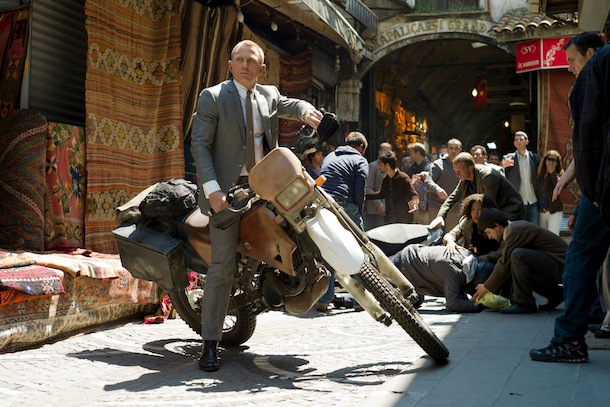
Brew Pairing: Smithwick’s
Skyfall delivers a gut punch of action awesomeness, but its true filmic beauty lies in the setting – Bond’s childhood home in Scotland. Smithwick’s may not be a Scottish brew, but the dark Irish red ale would pair great with the winter winds of the northern UK. It’s a creamy ale that pours a dark brown, almost amber color, and is smooth enough to satisfy any secret agent wanting to relax after they’ve just slayed every villain in their path.
Movie and a Brew is a series pairing good movies with good beer. If you have any suggestions for future reviews and recommendations, please feel free to leave them in the comments below.

 Blue Bear Outside 5-Panel Cap
Blue Bear Outside 5-Panel Cap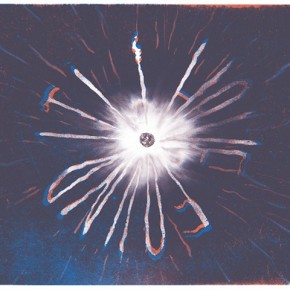 Fifty and Fifty: The State Mottos Project
Fifty and Fifty: The State Mottos Project Making It: Ellsworth & Clyde
Making It: Ellsworth & Clyde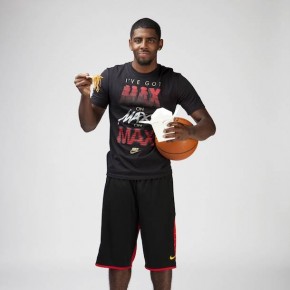 Kyrie Irving’s Commercial For Foot Locker
Kyrie Irving’s Commercial For Foot Locker Supreme x Nike Air Force 1
Supreme x Nike Air Force 1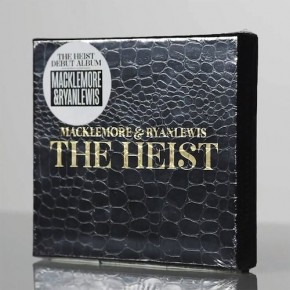 This Is Why I Still Buy CDs
This Is Why I Still Buy CDs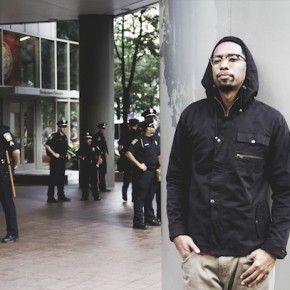 Akomplice Fall 2012 Collection
Akomplice Fall 2012 Collection Making It: Blunt Umbrellas
Making It: Blunt Umbrellas KICKS/HI x Vans Vault Authentic LX
KICKS/HI x Vans Vault Authentic LX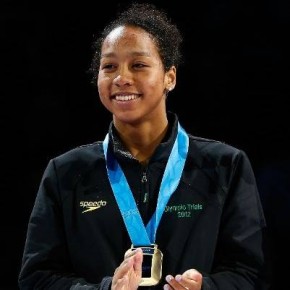 Making It: Lia Neal
Making It: Lia Neal Supreme x Nike SB Dunk Low
Supreme x Nike SB Dunk Low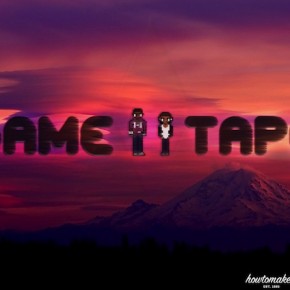 How To Make It Presents: Bardo “Game Tape” Mixtape
How To Make It Presents: Bardo “Game Tape” Mixtape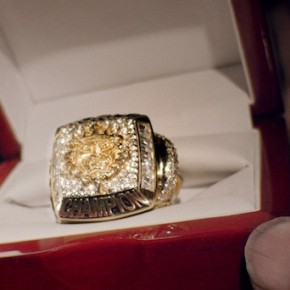 The Ring Maker
The Ring Maker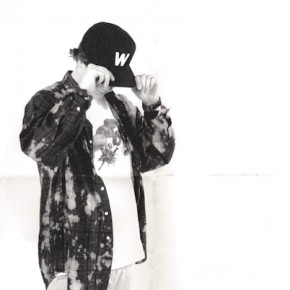 WINWEL Spring/Summer 2012 Collection
WINWEL Spring/Summer 2012 Collection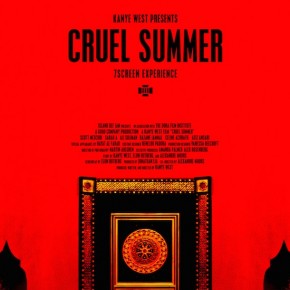 Kanye West Presents: Cruel Summer
Kanye West Presents: Cruel Summer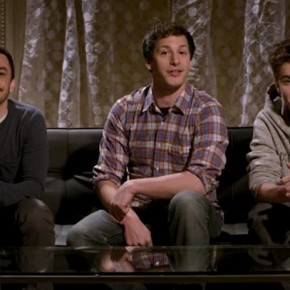 The 100th SNL Digital Short
The 100th SNL Digital Short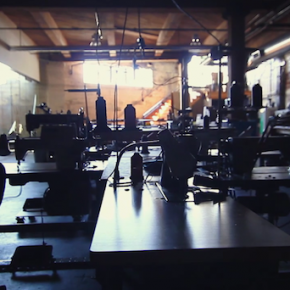 Making It: Tanner Goods
Making It: Tanner Goods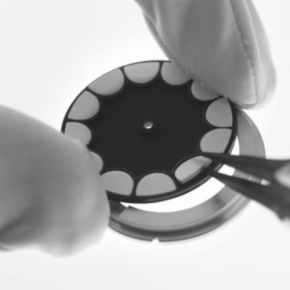 The Making Of: KAWS x Ikepod Horizon Watch
The Making Of: KAWS x Ikepod Horizon Watch Photos: Kate Upton by Terry Richardson
Photos: Kate Upton by Terry Richardson Sneakercube by Pawel Nolbert
Sneakercube by Pawel Nolbert




2 comments
Alec Trevelyan says:
Nov 28, 2012
Was a brilliant, edgy, and fun filled film that really ranks high in the Bond film list. The fact that it was more realistic made it much more exciting. Fantastic review, and Smithwicks? Looks like I need to try this supposed incredible brew. Thank you.
Howtomakeasanwich says:
Nov 29, 2012
Loved every word of that review. Got ourselves a bond buff on hand clearly.